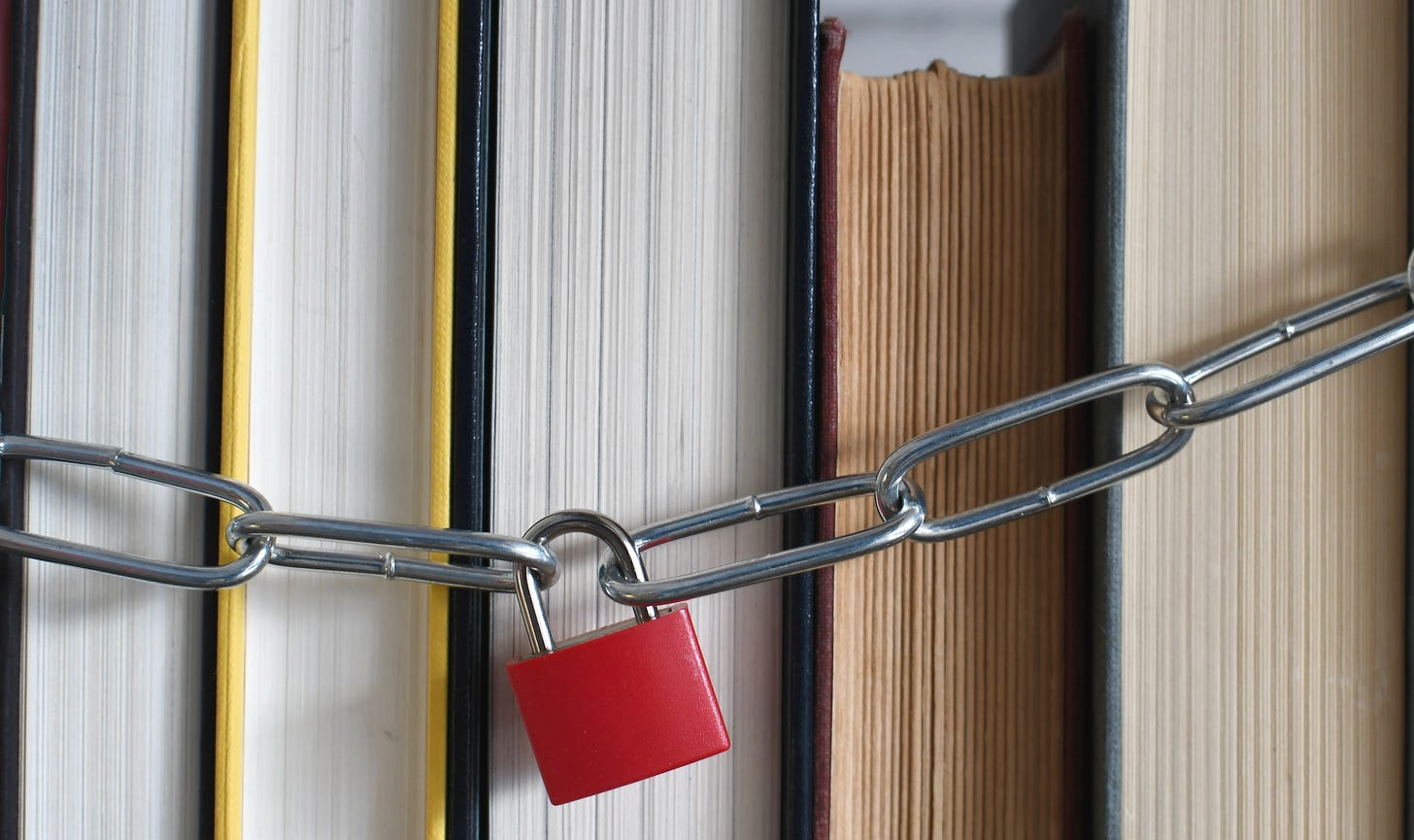The Obscenity of Banning Books
Protecting Freedom: The Dangerous Consequences of Book Bans in Education
In my high-school freshman English class, I had some of my first serious discussions on difficult but important topics. I recall, for instance, learning about suicide and racism while diving into Romeo and Juliet and To Kill a Mockingbird, respectively. Thoughtfully reading and discussing good books helps students understand important principles for liv…
Keep reading with a 7-day free trial
Subscribe to The Objective Standard to keep reading this post and get 7 days of free access to the full post archives.





